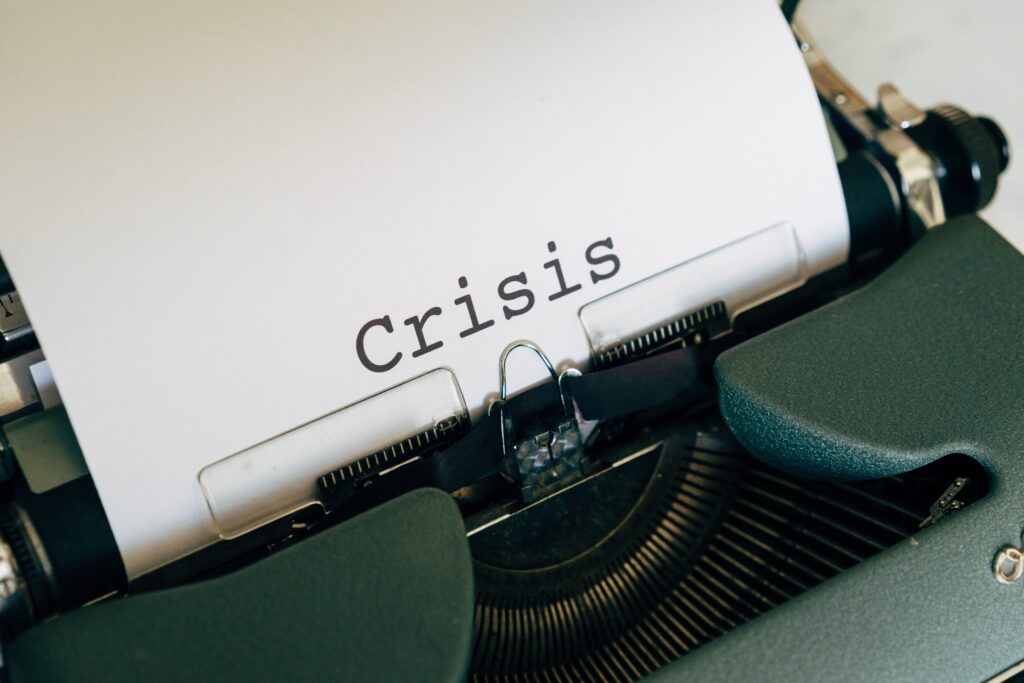Emergencies and disasters can strike at any time, and their impact on businesses could be long-lasting and devastating. Disasters can be natural, like hurricanes and earthquakes, as well as human-induced, such as cyberattacks and power outages. To mitigate the effects of these unforeseen events, businesses must be prepared all the time. One of the ways by which businesses can mitigate the effects of these events is by having a disaster recovery plan in place.

A disaster recovery plan is a proactive measure designed to minimize the impact of disasters and emergencies on business operations. A disaster recovery plan outlines all the necessary steps and procedures required to recover business operations, restore data, and maintain business continuity during and after a crisis. The primary reason why businesses form a disaster recovery plan is to ensure that they can effectively respond to disasters while maximizing recovery and minimizing downtime.
In this article, we will take a look at some of the compelling reasons why businesses should have a disaster recovery plan in place.
Minimize Downtime and Maintain Business Continuity
The first reason why having a disaster recovery plan is important is that a disaster strikes without any prior warning, and when it does strike, every minute is important. A prolonged downtime of business operations can lead to significant financial losses, loss of customer trust, and damage to customer relationships, along with a major setback to the company’s reputation.
By having a robust and proactive disaster recovery plan in place, businesses can minimize downtime and ensure that their business maintains its continuity, even during and after a crisis. A well-designed and robust business plan, like that of famous businesses such as Marriott, includes elements such as a backup system, redundant infrastructure, and clear instructions for resuming business operations. This ensures quick recovery from disasters and minimizes downtime.
Protect Data and Intellectual Property
In the digital age of today, data and intellectual property are two of the most valuable things for a business. Disasters and unforeseen events, such as fires, floods, storms, and cyberattacks, can lead to the loss of data, data theft, and compromised sensitive information, and expose your business to legal and financial risks. In such cases, a disaster recovery plan becomes the savior of the day and protects your business from all of the aforementioned things.
A disaster recovery plan ensures that your data is regularly backed up with multiple copies, securely stored, and easily restored in the event of a disaster. This not only ensures business continuity but also safeguards and protects the data and intellectual property of a business, allowing the business to maintain the trust of its customers and its reputation in the industry.
Enhance Customer Trust
In times of crisis and disasters, customers expect businesses to be reliable and resilient, and to maintain business continuity. Without a disaster recovery plan in place, businesses can face prolonged disruptions in services, unmet customer expectations, and a major blow to their reputation. Whereas having a business plan in place demonstrates the preparedness and commitment of a business to maintain business operations, even in times of crisis. This leads to enhanced customer trust and loyalty and sends a clear message that you are committed to providing uninterrupted service no matter what.
Cost Savings in the Long Run
Although implementing a disaster recovery plan requires an upfront investment of time, money, resources, and technology, in the long run, it is a great solution that leads to significant cost savings. Having a disaster recovery plan in place can keep your business protected from prolonged downtime, data loss, legal liabilities, and reputational damage.
The financial implications of these aforementioned things far exceed the costs associated with creating and maintaining a disaster recovery plan. Due to this reason, all renowned businesses including British Airways have a robust disaster recovery plan in place to minimize the financial impact of disasters on their business in the long term.
Comply with Regulatory Requirements
Along with the reasons mentioned above, having a disaster recovery plan is also essential to comply with regulatory requirements. Many industries have strict regulatory requirements in place regarding data protection, privacy, and business continuity. Any business that fails to comply with these regulations can face severe penalties, legal liabilities, and reputational damage. Having a disaster recovery plan in place ensures that your business meets all the necessary regulatory requirements, and you establish trust with regulatory bodies.

